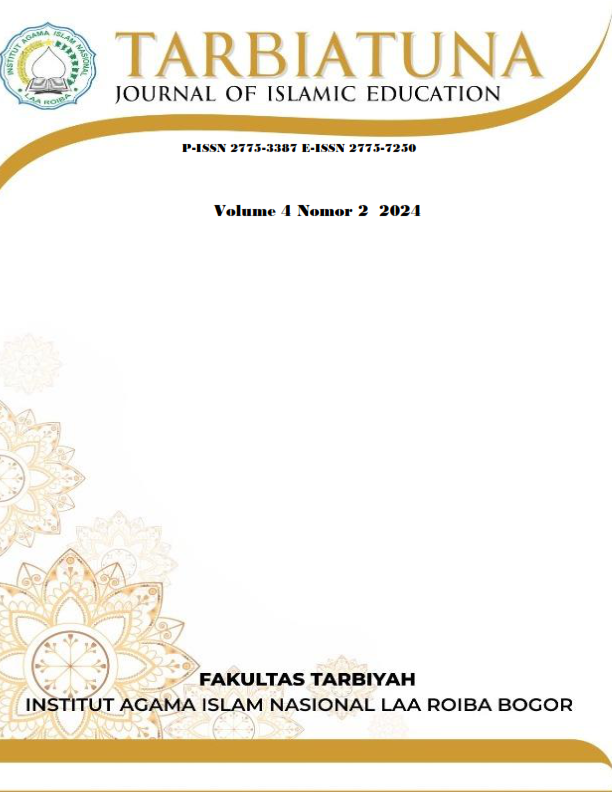Filsafat Materialisme Karl Marx (Epistimologi Dialectical And Historical Materiali)
Main Article Content
Abstract
With the premise that the production and distribution of products and services is vital to aid people in growing their life, this article examines Karl Marx's historical materialism and its methodology. Economic considerations serve as the foundation of human existence, while the concrete problems of human awareness in the fields of science, philosophy, ideology, and religion serve as the superstructure, according to him. According to Marx, society's superstructure is defined by its economic foundation. Marx argued that the struggle between social classes was the driving force behind all major historical shifts. Marx posits a social hierarchy in which the capitalist bourgeoisie and the working class proletariat are the two main social groups. Thus, rather than people, social class is a product of historical development that dictates how events unfold. A class revolution is inevitable given the presence of these two social strata. Religion is the opium of the masses, according to Marx; the more one devotes oneself to religion, the more lost he will become. Religion does not create man, but rather, Marx argues that humans create religion

